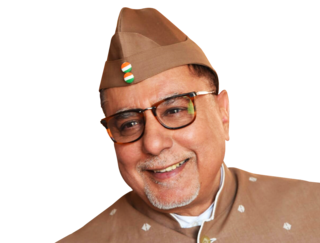A Quote by Nancy Dubuc
What someone does when viewing content on a tablet is different than the lean-back mentality of watching on the big screen.
Related Quotes
Interactivity is a big part of video games, which have been a big part of entertainment for 20 years. That's what we think of as a 'lean-forward' type of entertainment. It's much more intense. But TV is more of a 'lean-back' entertainment - so the big improvement there is on-demand, because it conforms to your schedule.
You're not chasing syndication any more. It used to be a big thing. "Let's make 100 episodes and we'll get paid for life". You know? And what does the sheer amount of content that's being made do to syndication after a while? It just seems like there's more content than there is hours for everyone to watch it. But it's some of the best content that's ever been created.
Some millennials have completely stopped watching TV. So for them, we've created special digital content for handheld devices only. We've paid close attention to how to present online content effectively. We try to catch their attention within the first five seconds - otherwise, they click onto a different content.



































